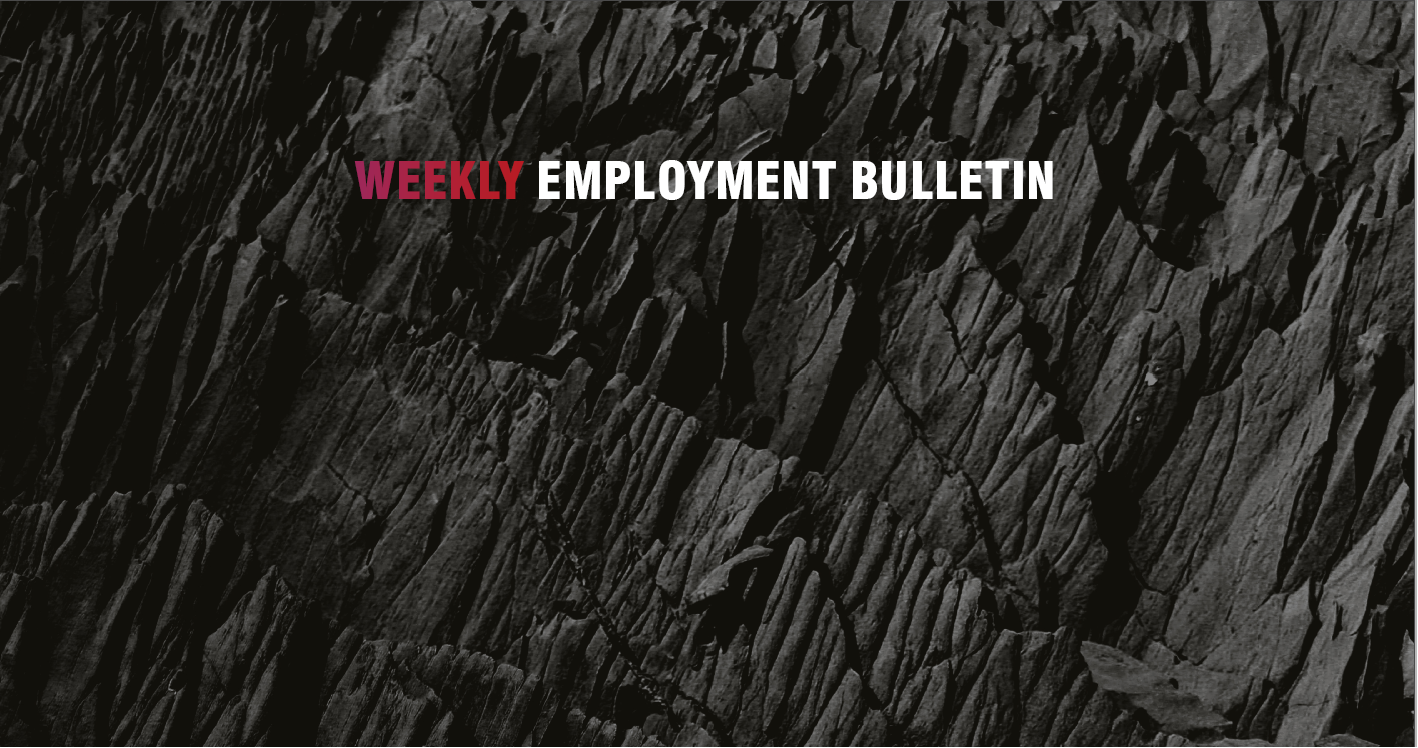by Priya Magar
5 December 2023
In a preliminary hearing in the case of Phillips v Aneurin Bevan University Local Health Board, an Employment Judge found that the Claimant’s condition of stress amounted to a disability for the purposes of a disability discrimination claim under the Equality Act 2010.
Section 6 of the Equality Act 2010 defines a disability as a physical or mental impairment that has a substantial and long-term adverse effect on that person’s ability to carry out normal day to day activities. The Act defines a long-term effect as something that has lasted, or is likely to last, for at least 12 months whilst a substantial effect is defined as something that is more than minor or trivial.
In this case, the Judge ruled that the Claimant’s stress did amount to a disability because:
- Her medical records indicated that she was unfit to work due to the stress on more than one occasion.
- The evidence also indicated that the stress substantially and adversely impacted her day-to-day life as she was, on occasion, unable to work, socialise or sleep, and her concentration had also been affected.
- The medical records indicated she had suffered with stress from 2021 and that she still suffered with stress.
The Judge also ruled that there is no requirement for there to be a formal diagnosis of mental illness in order for the tribunal to be satisfied that the Claimant has a disability.
Whilst this decision is not binding, it is a sign that (depending on the circumstances of the case) stress can be deemed to be a disability for the purposes of the Equality Act 2010. The case also highlights the importance for employers to properly manage stress in the workplace and have adequate policies in place to deal with stress.
If you need assistance with your stress-related policies and procedures, please do get in touch with the Employment team at EMW.
Speak with us

